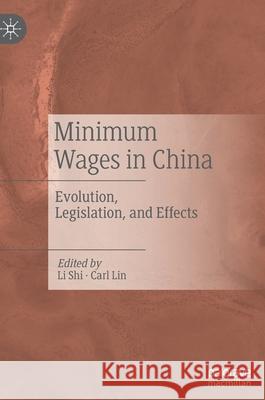Minimum Wages in China: Evolution, Legislation, and Effects » książka
topmenu
Minimum Wages in China: Evolution, Legislation, and Effects
ISBN-13: 9789811524202 / Angielski / Twarda / 2020 / 392 str.
Minimum Wages in China: Evolution, Legislation, and Effects
ISBN-13: 9789811524202 / Angielski / Twarda / 2020 / 392 str.
cena 603,81
(netto: 575,06 VAT: 5%)
Najniższa cena z 30 dni: 578,30
(netto: 575,06 VAT: 5%)
Najniższa cena z 30 dni: 578,30
Termin realizacji zamówienia:
ok. 22 dni roboczych.
ok. 22 dni roboczych.
Darmowa dostawa!
Kategorie:
Kategorie BISAC:
Wydawca:
Palgrave MacMillan
Język:
Angielski
ISBN-13:
9789811524202
Rok wydania:
2020
Wydanie:
2020
Ilość stron:
392
Waga:
0.63 kg
Wymiary:
21.01 x 14.81 x 2.39
Oprawa:
Twarda
Wolumenów:
01
Dodatkowe informacje:
Wydanie ilustrowane











